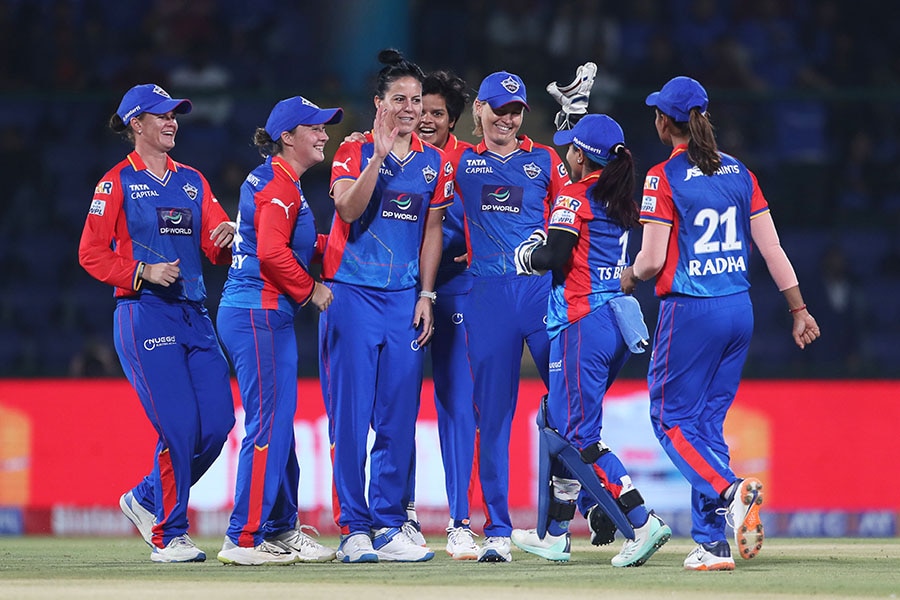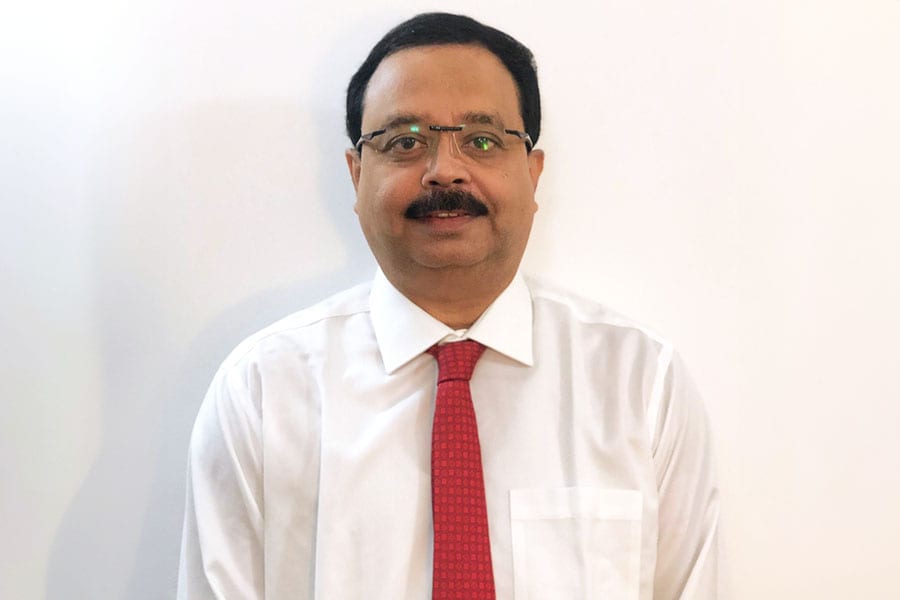
Team sports bring in higher viewership than individual sports: PKSV Sagar of GMR
The CEO of GMR League Games, the co-owners of Delhi Capitals, is looking to expand the portfolio through team sports and cricket
 Marizanne Kapp of Delhi Capitals celebrates the wicket of Yastika Bhatia of Mumbai Indians during the WIPL match between Delhi Capitals and Mumbai Indians at Arun Jaitley Stadium on March 5, 2024 in Delhi, India. Image: Pankaj Nangia/Getty Images
Marizanne Kapp of Delhi Capitals celebrates the wicket of Yastika Bhatia of Mumbai Indians during the WIPL match between Delhi Capitals and Mumbai Indians at Arun Jaitley Stadium on March 5, 2024 in Delhi, India. Image: Pankaj Nangia/Getty Images
After having spent around three decades in the manufacturing industry, PKSV Sagar is now on to building something else: Sports. As the CEO of GMR League Games, he's now charting out the growth of the six sports franchises owned by GMR. In an episode of Sports UnLtd, Sagar takes us through the sports journey of the conglomerate, why it plans to expand its global sports portfolio through cricket, and how it is giving back by investing in homegrown splits. Edited excerpts:
Q. You assumed office as the head of GMR Sport about a year ago. What were the key priorities you set for yourself?
I have worked for about 32 years in the manufacturing industry, which was process-driven and had clear guidelines. Then I joined GMR as the chief of staff for the founder-chairman, GM Rao in 2018. Sports has always been my passion, so when this opportunity came I said there can’t be a better way to mix profession with passion.
[After I assumed my office], we said a couple of things. First, while we own some franchises and run one, at the end of the day, it's a business for an entity. So, how do we structure it? If you don't really put your guidelines and boundaries to sport, it can just go haywire because there are multiple things happening at the same time. Delhi Capitals is a franchise we own 50 percent. It’s the largest sports asset that GMR Sports has; besides that, we have a lot of other franchises and business development areas. Once we set up the processes, we asked what is our vision forward? To look at increasing franchises in multi-player opportunities in India, and, if we are to go out of India, the foray should be cricket-driven. That's the larger strategy we set up. And we are now at a point to launch on our vision, and the organisation is well settled for a roadmap for the next 3-5 years.
Q. How is leading and growing a sports company different from leading and growing manufacturing companies?








